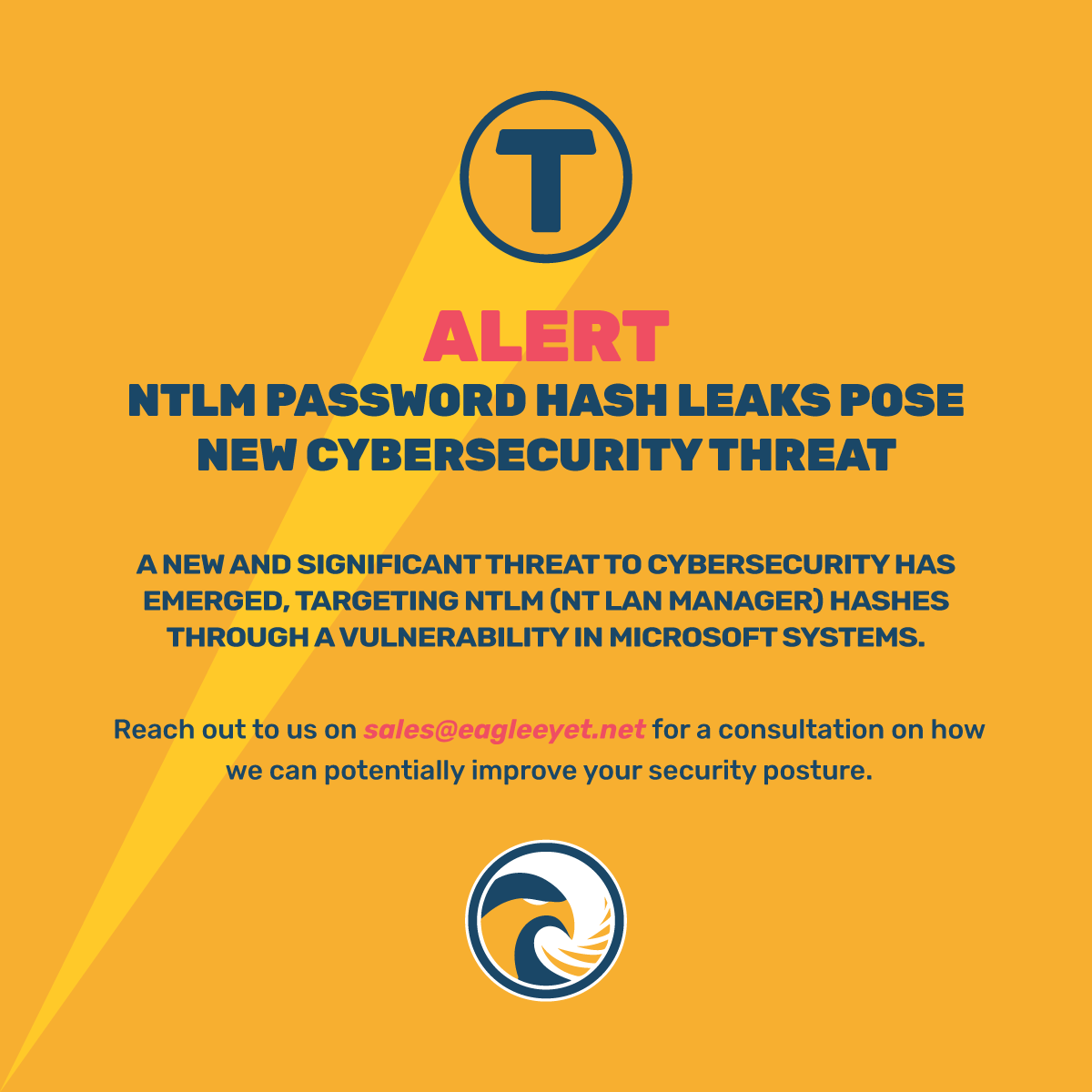
A new and significant threat to cybersecurity has emerged, targeting NTLM (NT LAN Manager) hashes through a vulnerability in Microsoft systems. This vulnerability allows attackers to exploit Microsoft Outlook, Windows File Explorer, and related programs to steal cryptographic representations of user passwords, known as NTLM hashes. Understanding the severity and implications of this threat is crucial for organizations to safeguard their systems and data.
Unpacking the Threat
At the heart of this issue is CVE-2023-35636, a vulnerability within Microsoft Outlook that attackers are leveraging to compromise NTLM hashes. This flaw is particularly concerning due to its exploitation of Outlook’s calendar sharing feature. By simply adding two malicious headers to an email, attackers can prompt Outlook to inadvertently share its content with a specified server, thus risking an NTLM v2 hash interception.
The gravity of this threat lies in its potential for widespread impact, given the ubiquity of Microsoft Outlook and Windows File Explorer in organizational infrastructures. The successful execution of this exploit can lead to unauthorized access, data breaches, and the possibility of lateral movement within networks, amplifying the threat’s reach and consequences.
Understanding the Risks
The exposure to risk is twofold with NTLM v2 hash compromises. First, attackers can conduct offline brute-force attacks, attempting to decipher the hash by systematically testing potential password combinations. Secondly, and perhaps more alarmingly, is the risk of authentication relays, where the attacker uses the compromised hash to impersonate the user, gaining unauthorized access to various systems and data.
The implications of such attacks are far-reaching, extending beyond initial unauthorized access to include data breaches, system compromises, and the potential for further infiltration within an organization’s network.
Mitigating the Risks
In response to this emerging threat, it’s imperative for organizations to take decisive action to protect their systems and data. Barracuda MSP recommends several measures to mitigate the risks associated with NTLM hash leaks:
- Prompt Patching: Apply all security patches released by Microsoft to address vulnerabilities in Outlook and other affected programs.
- SMB Signing: Enable SMB signing to protect SMB traffic from tampering and man-in-the-middle attacks, ensuring the integrity of SMB messages.
- User Education: Inform users about the risks of phishing and social engineering tactics that could exploit this vulnerability.
- Multi-Factor Authentication (MFA): Implement MFA to add an additional layer of security, reducing the risk even if NTLM hashes are compromised.
- Network Segmentation: Limit lateral movement within networks by isolating critical systems from potentially compromised ones, enhancing overall security.
- Monitoring and Auditing: Vigilantly monitor and audit network activities to promptly detect and respond to suspicious behaviors indicative of NTLM hash leak attacks.
Summary
The discovery of this vulnerability and its potential for exploitation underscores the ever-evolving nature of cybersecurity threats. Organizations must remain vigilant, continuously updating their security practices and educating their users to defend against such sophisticated attacks. By implementing the recommended measures, businesses can significantly enhance their resilience against the NTLM hash leak threat, safeguarding their critical assets and maintaining the trust of their stakeholders.
Reach out to us on [email protected] for a free consultation and a quote to get your tenant onboarded to our 24/7 managed M365 EDR solution.
Leave a Reply